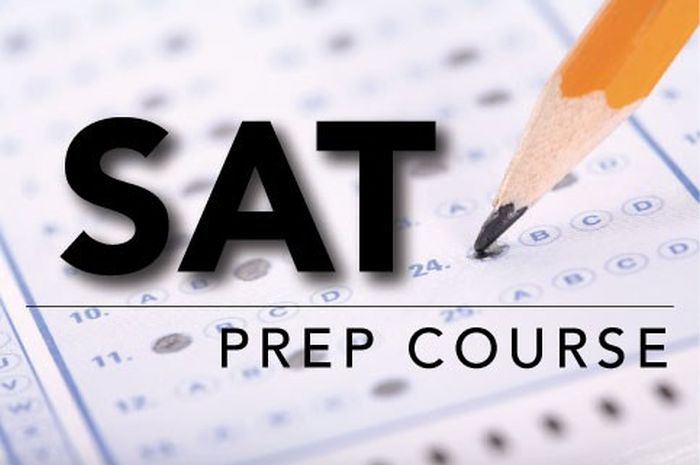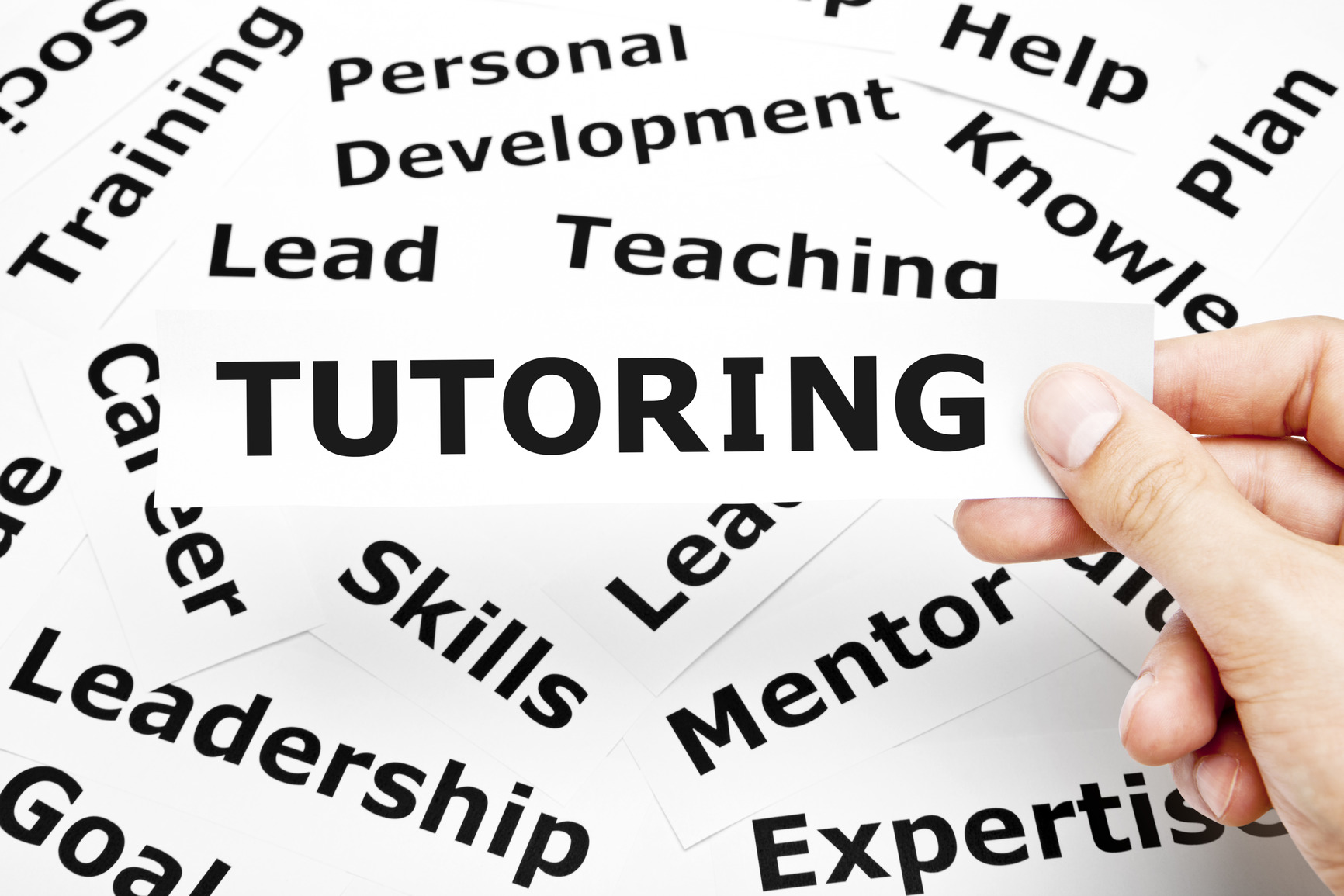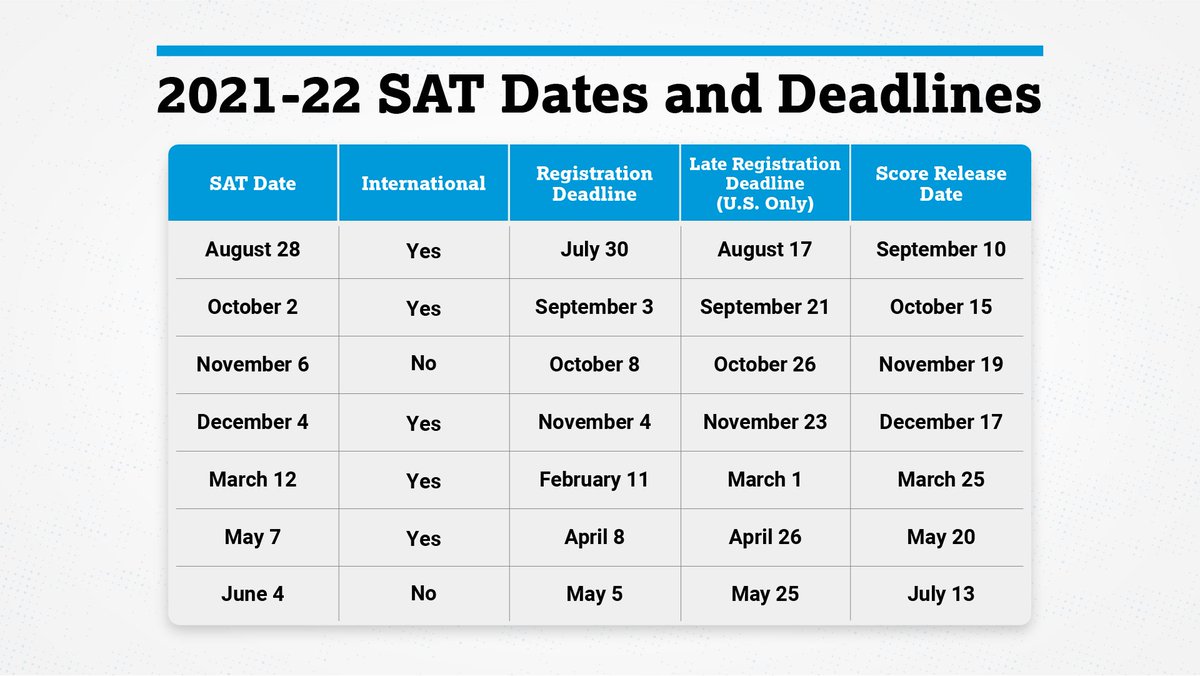You’ve spent hours on studying for exams, writing entry essays, and completing applications. You’ve been accepted to multiple colleges. You’re ready to make one of the biggest decisions of your life… but you’re not sure what to do next.
Deciding on a college to attend is a major life choice. There are so many factors to consider and it can feel overwhelming. Here’s our checklist of the top 8 things to think about when deciding which college to attend.
1. Majors and Programs of Study
The first thing to consider when deciding between colleges are the majors that are offered. While you likely applied to colleges that you know had programs you would be interested it, there are always discrepancies in how each college approaches the field of study.
It’s important to explore things like the courses offered, the number of students pursing that major, the outline of courses required to graduate, and internship programs offered. These things will vary from college to college and can have an impact on your satisfaction in your education.
2. Campus
Campuses vary greatly from college to college. While some colleges make up the majority of a town, others are contained within 1-2 large buildings. The size of the campus has less to do with the academics, and more to do with the lifestyle one is looking to obtain. Some are looking for a long walk with peers across campus between classes, and others prefer to arrive at their building and stay there until their day of classes is complete.
Campus tours are a great way to develop an understanding of what daily life would be like there. You can get a glimpse of campus transportation, green spaces, study areas, the library, gyms, trails, and more.
3. Location
Some kids graduate from high school ready to fly right out of the nest and across the country to college, and some don’t! Location is another factor to consider when deciding on what college to attend.
If you live in Atlanta and were accepted to both a state college and a college in California, think about how often you’ll want to travel home. Costs to fly back and forth can add up! Some want to stay close to home for the feeling of safety, or to be near to their support group and strong friendships. Others are ready for a fresh beginning in a brand new place.
4. Housing
The next important thing to take a look at when deciding on which college to attend is the available housing. Does the college require first year students to live in dorms? Are there apartments available in the area?
“College life” is often quite different from what students have grown up in living at home and it is helpful to think about things like sharing a bathroom, sleeping on bunk beds, and the hours of a community kitchen before it’s a permanent situation.
5. Extracurriculars
Extracurriculars are activities that fall outside the scope of the curriculum at the college. And they’re another factor to consider when deciding which college to attend. Find out what options each school has to offer: college sports, recreational sports, gyms, clubs, volunteering, and leadership opportunities are all exciting to look into. Explore what is available and keep an eye out for extracurriculars that interest you!
6. Financial Aid / Scholarships
A very impactful consideration when deciding which college to attend is the financial aid and scholarships available to you at each college. In- and out-of-state tuition are often quite different, with out-of-state tuition being much higher. If you choose a college with a higher tuition rate, financial aid may not cover all of your costs.
Colleges offer many scholarship opportunities, but being awarded a scholarship at one school doesn’t guarantee that you will at another and the funding for the scholarships will vary. Some will cover tuition or partial tuition. Some will cover books and other fees. And some will offer money that you can put towards what you need, like living expenses.
7. Accreditation
If you’re deciding between colleges that look quite similar in terms of the other consideration factors, take some time to look into their accreditations. Colleges with higher levels of accreditation will attract the best professors and teaching staff. A degree from a highly accredited university also stands out to future employers.
8. Prestige and Reputation
Speaking of future employers, keeping your future dream job in mind can aid in decision making. When applying for jobs, some companies consider things like the prestige of the school attended when deciding who to hire. Consider the field you’d like to work in one day and then look for schools that have a reputation of having their students hired in similar positions.
Ultimately, deciding between colleges you’ve been accepted to is a task that you have to take on with a trust in your gut feeling. Consider and compare the factors on the checklist and then go with what feels right. Congratulations on making such a huge and impactful life decision!










